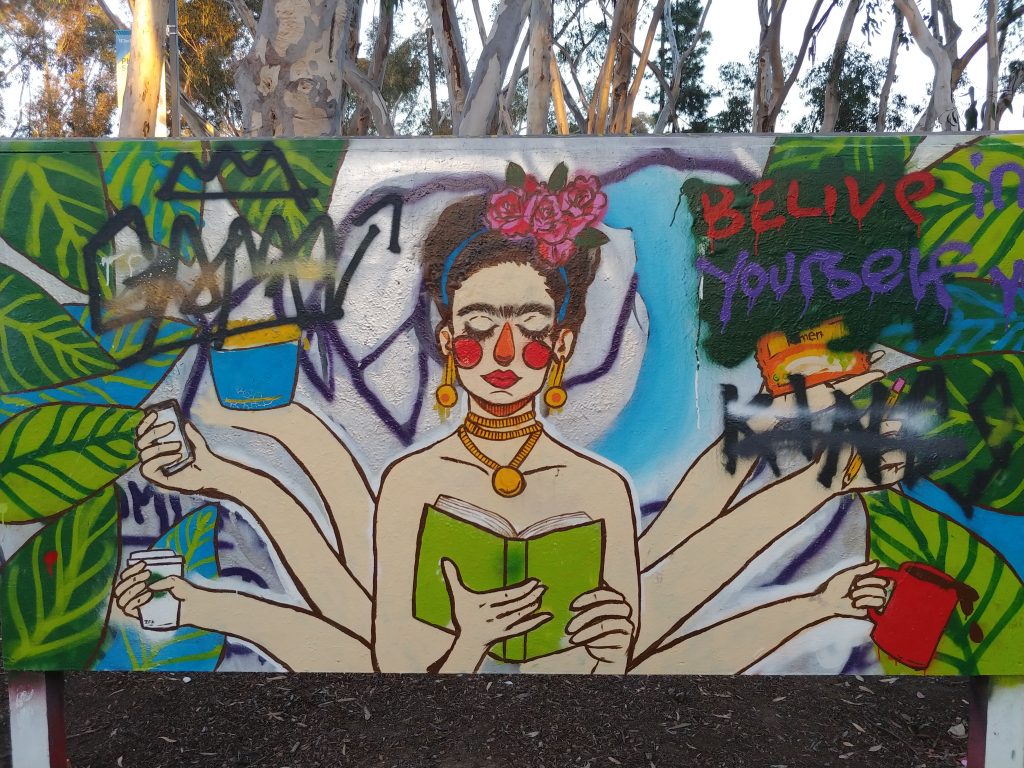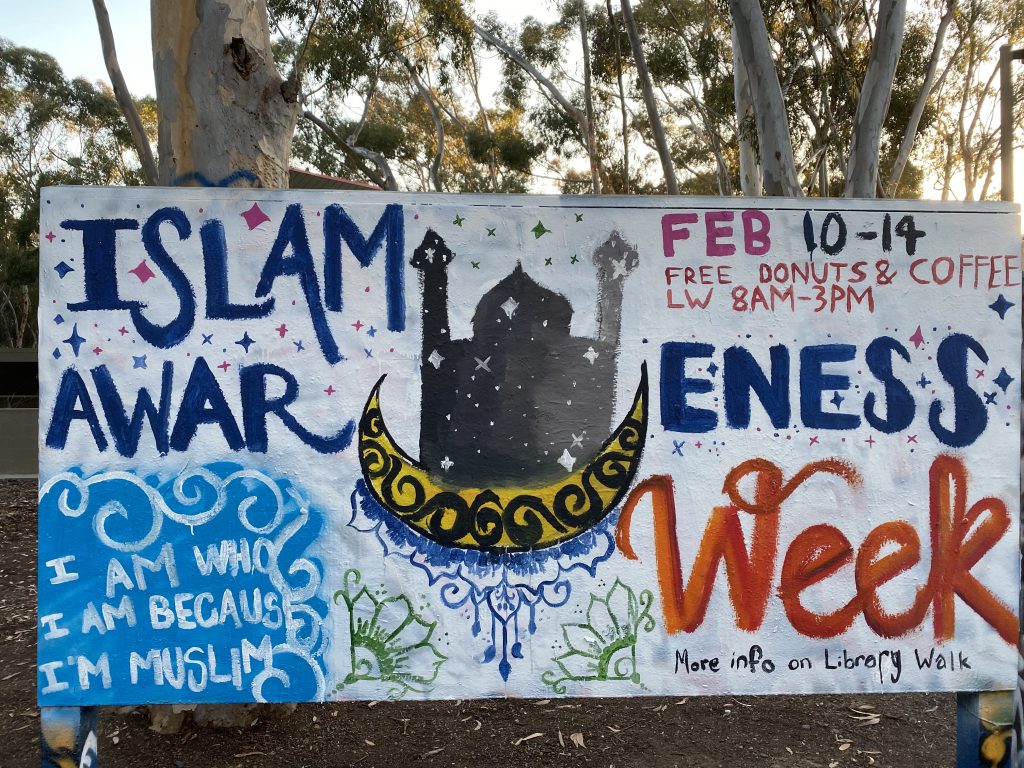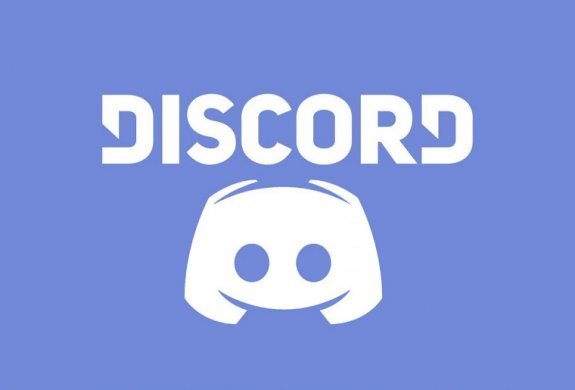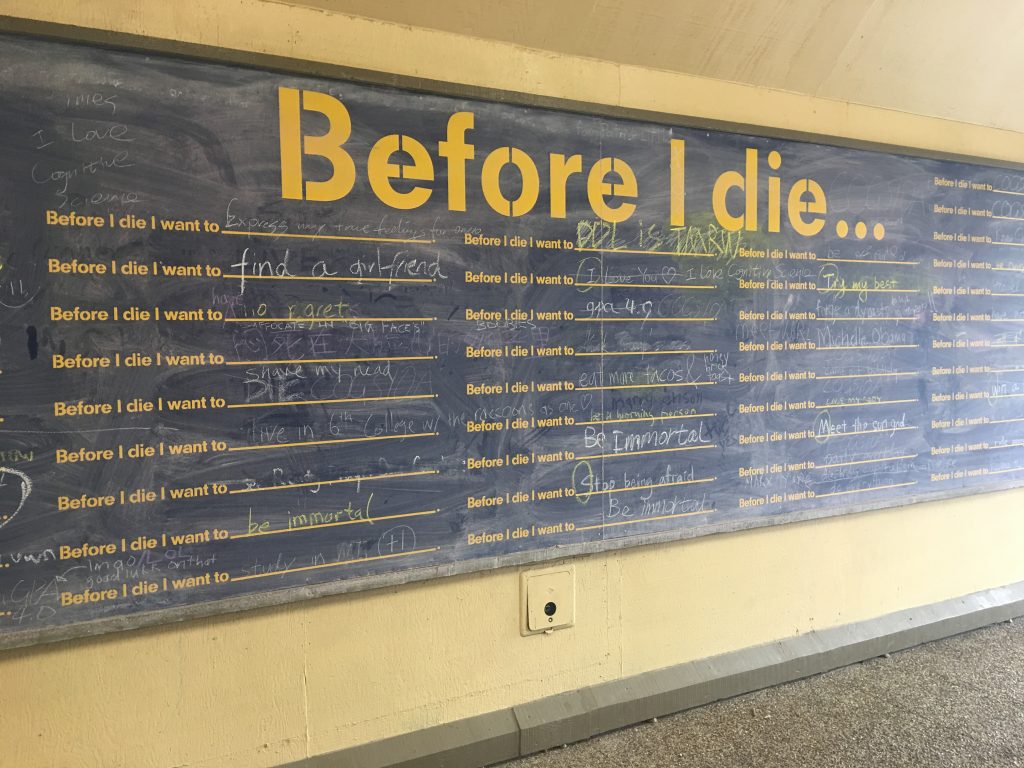
Within the Graffiti park, you can find a beautifully painted mural of Frida Kahlo, the famous Mexican painter who took inspiration from nature, her culture, and herself. Kahlo’s art embodied elements of her own identity, so it’s fitting that the college student who painted this mural added a few modern elements to the painting. Just to name a few: coffee, instant ramen, a cell phone, the the book that Kahlo is reading all seem to be important parts of the anonymous painter’s identity, and there are much more that I’m certain the painter could never fit into a single painting. The Graffiti Park allows a safe place for artists to express themselves. Freedom of expression is such an important right in America, yet many Americans either forget that others are allowed to express different opinions, or forget that you can be held responsible for abusing said freedom.
This tribute to Kahlo couldn’t possibly make passerby feel so uncomfortable that they feel the need to report it and get it taken down, but the same can’t be said if Kahlo were replaced with a certain cheeto man wearing a red cap with the letters MAGA printed on the front. This isn’t a declaration of my political beliefs. Far from it. Rather, I am stressing that it is important to remember that freedom of speech goes both ways. Most higher education institutions seem to house a majority of liberals, and I fear than many conservatives are too afraid to express themselves because they don’t want to be criticized. Of course, if exercising that freedom leads to one or more individuals getting hurt or killed, then the punishment dished out to the perpetrator is justified no matter what their political beliefs are.



